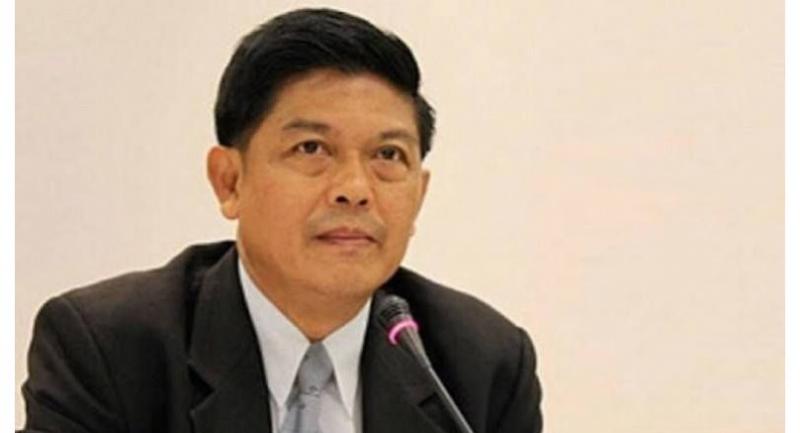Junta committee insists on role in media reform

The junta-appointed media reform committee has stood firm that, despite long-going opposition from media organisations, state authority has to play a part in media reform.
In a model proposed to its head committee last December, the committee proposed that government officers should play a “supportive role” in the upcoming national media council, according to the committee’s head Jirachai Moonthongroi.
“They would act like mere secretaries, doing documents and inviting experts to join the arena. They would help shoulder work from those professionals,” Jirachai said.
“If state authority doesn’t play this coordinating role, media’s self-regulation would just return to the same old days,” he went on. “I insist that authority has to participate in media affairs.”
The establishment of the so-called national media council is included in a media regulation bill draft proposed by another junta-appointed reform body, the defunct National Reform Steering Assembly.
It was a reason why the draft received strong objections from media professionals. They took the view that the stipulation to include two permanent secretaries in the council could allow state authorities to interfere in media affairs.
Jirachai, a former permanent secretary to the PM’s Office under Prayut’s government, believes that an officer in his old position would be the best fit for the reform council.
Like many initiatives under this government, proposed media reform would be done under “government, private, people cooperation”, also known as the Pracharat scheme.
The scheme would include government funding to support media to produce content to “cultivate good culture that is crucial but may not make profits and attract advertisements”.
Jirachai also proposed other centralising proposals, including one for broadcasting frequency to be wholly state-owned rather than partially owned by a public company and independent organisation as is now the case.
“With that model, it is easier for authority to distribute frequencies to be owned by various kind of content makers,” he said.
“We see many redundancies in media today. Private companies have to pay to rent the frequencies and that would beneficially generate more income for the state.”
